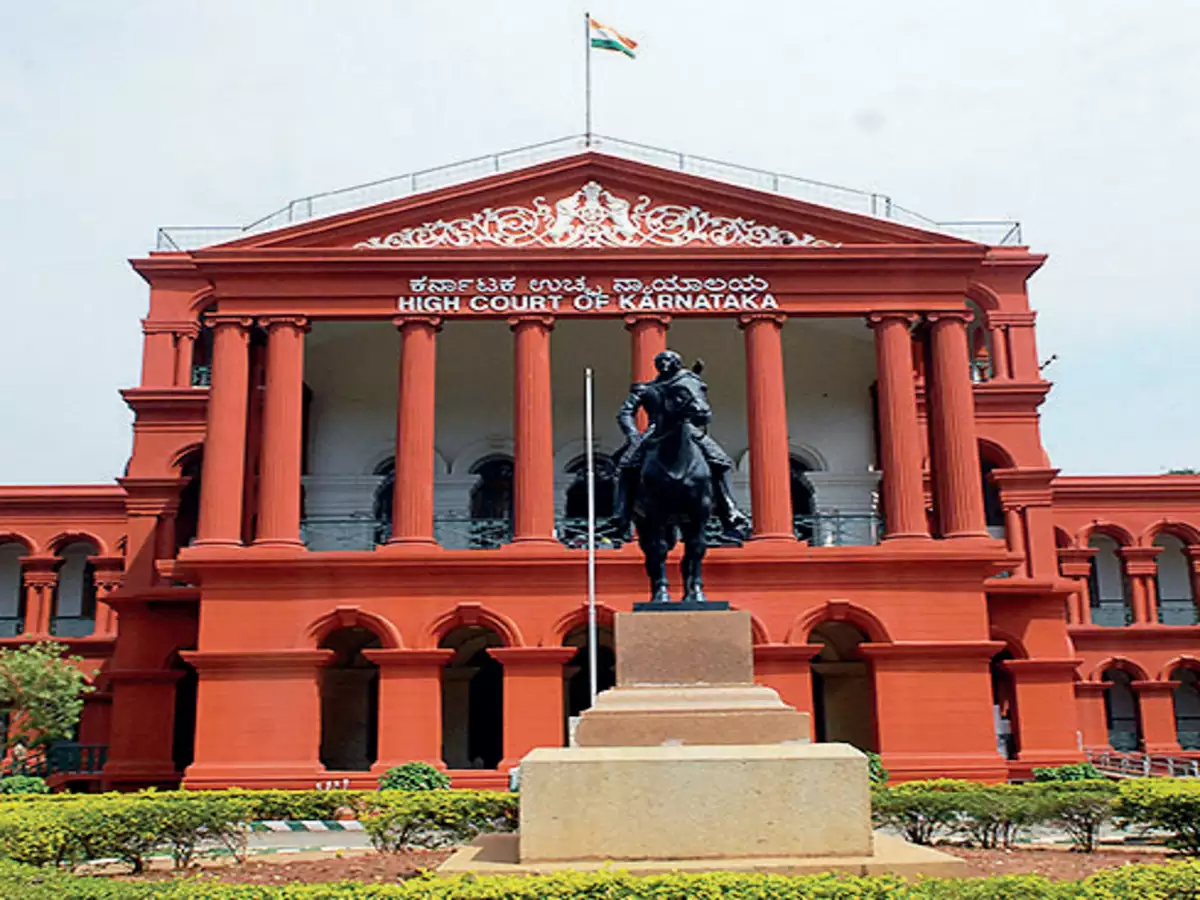The Court emphasized that issuing an interim injunction in such a case is impermissible due to the perpetual nature of constitutional validity issues.
Two weeks after the landmark Association for Democratic Reforms v. Union of India case, the Supreme Court declined to lift the stay on the newly enacted legislation concerning the appointment of Election Commissioners.
Justices Sanjiv Khanna and Dipankar Datta, presiding over the bench, clarified that they were unable to grant an interim stay. Instead, they issued notice to the Central government regarding the Association for Democratic Reforms (ADR) public interest litigation (PIL) challenging the new law, which grants the executive branch precedence in the appointment of Election Commissioners.
Prashant Bhushan, representing ADR, argued for a stay citing the imminent Lok Sabha elections and the impending retirement of one of the Election Commissioners. He asserted that without suspending the new law, the case would become futile.
However, Justice Khanna countered this argument, stating that an interim stay could not be granted in this manner due to the perpetual nature of constitutional validity issues.
Last month, in response to a petition filed by Congress leader Dr. Jaya Thakur, the Central government and the Election Commission of India (ECI) were formally informed by the Court regarding the newly enacted legislation. The Court had previously declined to halt the proceedings.
The legislation under scrutiny is known as the Chief Election Commissioner [CEC] and Other Election Commissioners (Term of Office, Appointment, and Conditions of Service) Act, 2023.
According to this law, a Selection Committee, comprising the Leader of Opposition in Lok Sabha, the Prime Minister (PM), and a Union Cabinet Minister, oversees the appointment process for the CEC and Election Commissioners.
In her petition, Thakur argued that the provisions of this legislation undermine the principles of fair and transparent elections as it lacks an “independent mechanism” for appointing ECI members. She pointed out that this legislation contradicts the Supreme Court’s ruling in Anoop Baranwal v. Union of India and others, as it excludes the Chief Justice of India (CJI) from involvement in the appointment process.



